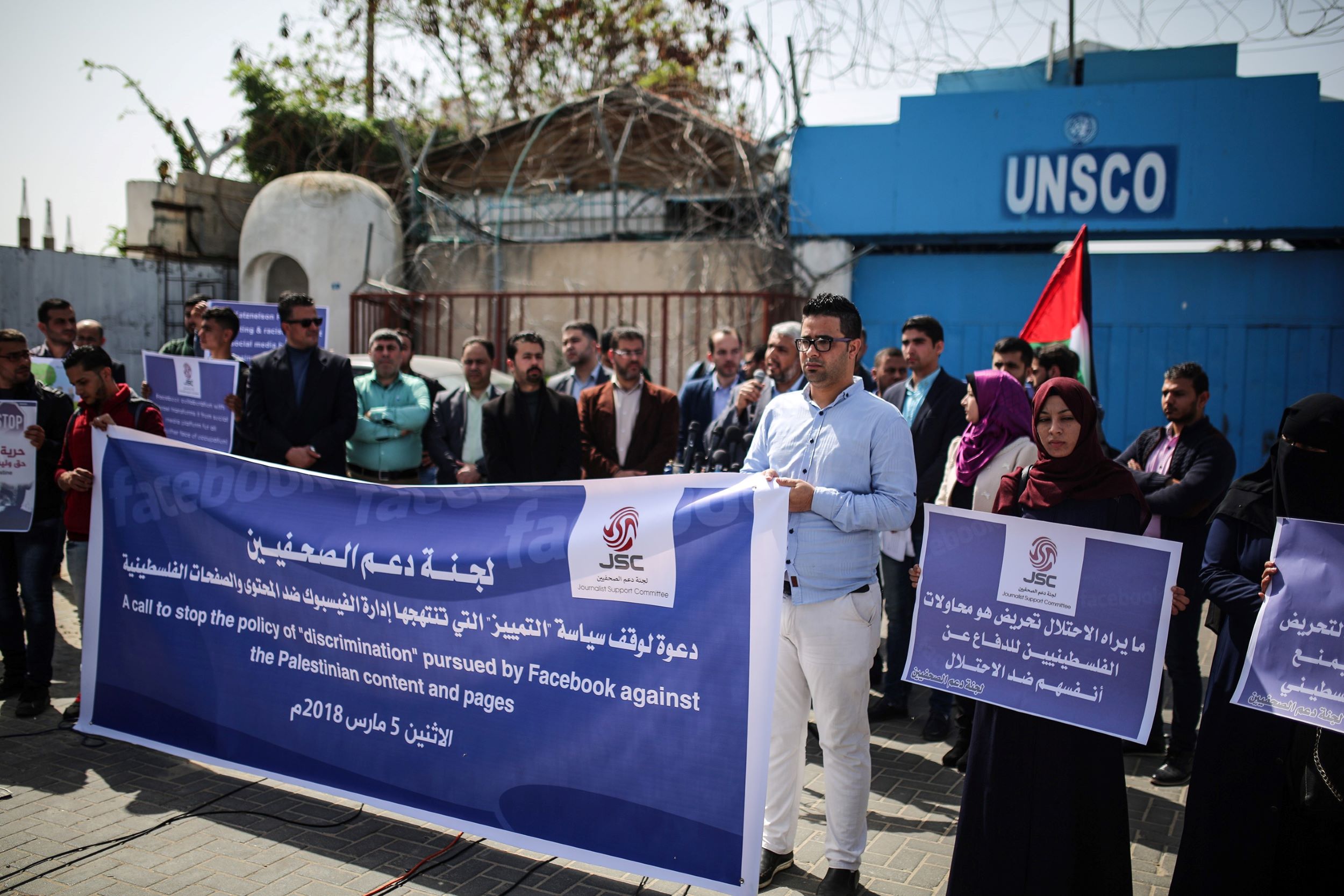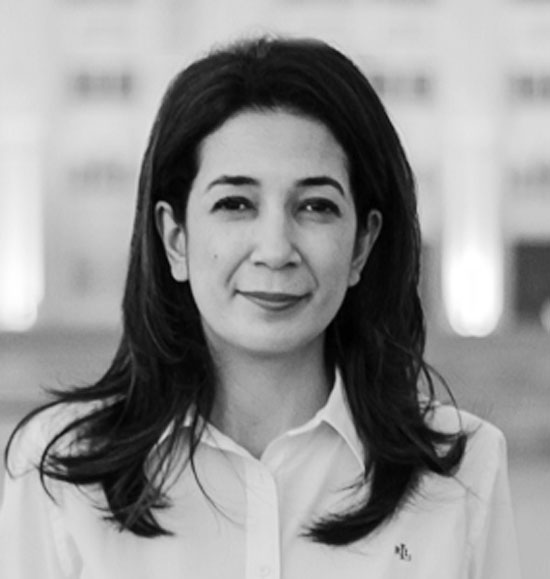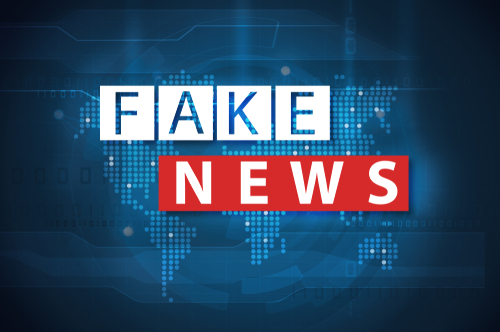This article was originally written in Arabic and has been translated into English with the assistance of AI tools and edited to ensure clarity and accuracy
Meta’s decision to abandon third-party fact-checking in favour of Community Notes aligns with Donald Trump’s long-standing criticisms of media scrutiny, raising concerns that the platform will fuel disinformation, conspiracy theories, and political polarisation. With support from Elon Musk’s X, major social media platforms now lean toward a "Trumpian" stance, potentially weakening global fact-checking efforts and reshaping the online information landscape.
Meta has made significant strides in aligning itself with the preferences of the incoming president, who has long been critical of the media and subjected to continuous scrutiny over his false or misleading claims. According to The Washington Post’s fact-checking service, these claims totalled more than 30,000 during his first term—an average of 21 false statements per day.
Meta’s owner has effectively translated Trump’s demands into action. In a video statement on January 7, he announced the company’s decision to discontinue its third-party fact-checking program, replacing it with Community Notes. The rationale behind this move, as outlined in Meta’s official statement, is that "experts (referring to fact-checkers), like anyone else, have their own biases and perspectives. This became evident in the choices some made regarding what to fact-check and how. Over time, we ended up verifying a vast amount of content that many might see as legitimate political speech and debate. Our system then imposed real consequences, such as content labelling or reduced reach, effectively turning a program intended to inform into one that often functioned as a tool for censorship."
"Most likely," responded U.S. President-elect Donald Trump when asked whether he believed Facebook founder Mark Zuckerberg had abandoned the fact-checking program due to Trump's previous criticisms and threats. He further commented on the decision, stating, "They've come a long way."
In the first part of its statement, Meta acknowledges that fact-checkers have expanded their scope to verify a large number of claims. However, this is precisely their core function: to combat false and misleading information, particularly content that spreads rapidly across digital networks.
The second part of the excerpt addresses Meta’s role in the program, which involved notifying users who had previously shared or attempted to share flagged content that the information was false, along with a warning label linked to a fact-checking report. This meant that if a fact-checking organisation participating in the program determined that a video was inaccurately attributed to an event, it would appear hidden on Facebook with a verification notice.
It is evident that this program did not eliminate false information or disinformation on Meta’s platforms. Moreover, as some studies suggest, the company did not always apply it consistently. Nevertheless, it played a role in content moderation by alerting users to inaccurate information, helping to curb its spread.
Clear Principles and Accountability
Meta’s accusations of bias and censorship against fact-checkers stand in stark contrast to Facebook’s original stance when it launched the program in 2016.
At that time, Facebook positioned itself at the forefront of the fight against disinformation by partnering with fact-checkers worldwide to verify content on its platforms. These partners were required to hold accreditation from the International Fact-Checking Network (IFCN)—a standard later expanded to include the European Fact-Checking Standards Network (EFCSN).
Participation in this program was not open to just any fact-checking organisation. Instead, institutions had to meet stringent criteria. To obtain IFCN accreditation, for example, an organisation had to adhere to five fundamental principles: commitment to nonpartisanship and fairness, transparency of sources, transparency of funding and governance, transparency of methodology, and an open and transparent corrections policy.
To obtain IFCN accreditation, for example, an organisation had to adhere to five fundamental principles: commitment to nonpartisanship and fairness, transparency of sources, transparency of funding and governance, transparency of methodology, and an open and transparent corrections policy.
"Trumpian Platforms"?
In early 2021, Mark Zuckerberg took a sharply different stance. Following the Capitol riots, Facebook suspended Donald Trump’s accounts, with Meta’s owner at the time justifying the move by stating that the risk of keeping Trump on the platform was "simply too great."
By 2025, however, the rules of the game have changed. It now appears that Meta will further amplify polarisation, conspiracy theories, and disinformation campaigns, aligning itself with the new president. Trump enjoys unwavering support from Elon Musk, the owner of X (formerly Twitter), which suggests that the most influential social media platforms have now adopted a "Trumpian" orientation—one marked by a surge in populism, hostility toward the media, and the proliferation of false information.
This decision also means fewer resources for fact-checking organisations that previously benefitted significantly from the program. However, it does not signify the end of fact-checking altogether. On the contrary—whether to their advantage or detriment—fact-checkers may find themselves in greater demand than ever in the coming years. While Meta’s shift is initially focused on the United States, the company has indicated that it intends to expand these policies globally.
It now appears that Meta will further amplify polarisation, conspiracy theories, and disinformation campaigns, aligning itself with the new president. Trump enjoys unwavering support from Elon Musk, ...which suggests that the most influential social media platforms have now adopted a "Trumpian" orientation—one marked by a surge in populism, hostility toward the media, and the proliferation of false information.
This decision could accelerate the spread of disinformation and false narratives. If implemented globally, it may deprive some fact-checking institutions of their primary funding sources, threatening their sustainability—an issue faced by fact-checking organisations worldwide.
Its impact on the Arab world, however, remains limited—for better or worse for regional fact-checkers—due to the small number of Arab organisations accredited by the International Fact-Checking Network (IFCN).
Social media platforms pose numerous challenges, but content moderation remains one of the most pressing. In his book Good Data, Sam Gilbert presents an unconventional argument: while concerns over digital privacy and mass surveillance by social media platforms are valid, they should not overshadow the valuable insights these platforms provide in helping us understand ourselves and the world through data collection. He cites several examples, including the role of Facebook.
Fact-checking is neither censorship nor a justification for government control or opposition advocacy. It is simply the process of evaluating claims, gathering evidence from credible sources, and presenting it to the public.
Regardless of where one stands on this perspective, Mark Zuckerberg might benefit from reading a book titled Good Fact-Checking—if such a book existed. He would perhaps realise that fact-checking is neither censorship nor a justification for government control or opposition advocacy. It is simply the process of evaluating claims, gathering evidence from credible sources, and presenting it to the public.
Until someone writes that book, tech corporations remain the primary architects of today’s information landscape—and as freedom flourishes in Silicon Valley, the world shifts along with it.























![Palestinian journalists attempt to connect to the internet using their phones in Rafah on the southern Gaza Strip. [Said Khatib/AFP]](/sites/default/files/ajr/2025/34962UB-highres-1705225575%20Large.jpeg)




















